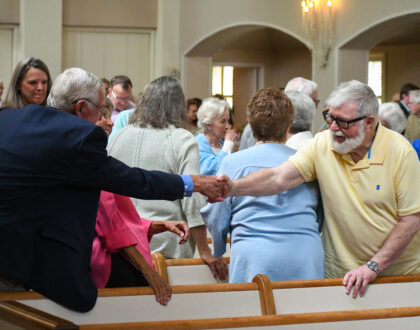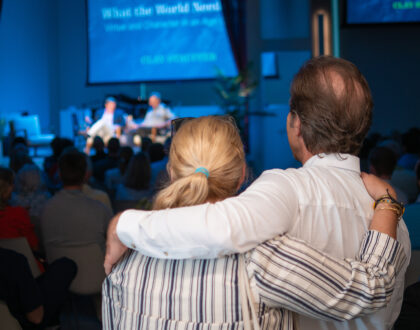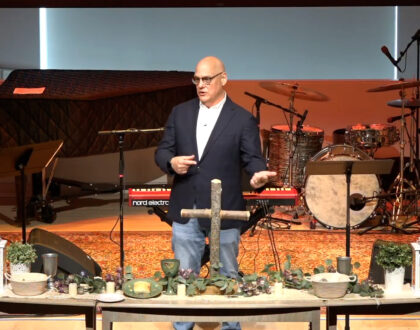Community, Staying Connected, and Filling Our Spiritual Voids
One of the reasons we financially support the church is because we believe in the importance of community. Christianity is a faith that is practiced in community, in relationship with others. These faith-based relationships are some of the most meaningful connections we will have in life. This is very important for a variety of reasons.
Social isolation, loneliness, anxiety, and depression are growing challenges in the twenty-first century. Harvard sociologist Robert Putnam first identified the early warning signs almost twenty years ago in his groundbreaking book Bowling Alone: the Collapse and Revival of American Community. The Internet and now social media was born into a culture where traditional forms of community were breaking down due to various societal factors.
In a brand new book titled Lost Connections: Uncovering the Real Causes of Depression and the Unexpected Solutions, journalist Johann Hari makes the case that the rising rates of anxiety and depression in our culture may not simply be tied to a chemical imbalance in the brain. He is not completely dismissing that reality, but he is arguing that there are multiple life factors that have contributed to this rise, all related to the concept of lost connections. In writing the book, Hari talked to multiple psychologists around the world who have done extensive research on the subject of anxiety, depression, and social connection, including neuroscience researcher John Cacioppo.
“Caciopppo told me the evidence is clear: social media can’t compensate us psychologically for what we have lost – social life. More than that – our obsessive use of social media is an attempt to fill a hole, a great hallowing, that took place before anyone had a smartphone.”
Clearly, big tech companies found a way to tap into this void and have made billions of dollars in the process. Folks like Jobs and Zuckerberg realized that this is both a spiritual crisis and a relationship crisis. But are we any better off now that we have all of these gadgets and social media platforms? Many would say the situation is even worse because no amount of screen time can substitute for the authentic community that has traditionally been found in churches, civic clubs, PTA’s, and twelve step groups.
Hari also points out that as our society has become less communal and more fragmented, our culture has become more materialistic. Why? It’s the way we compete and send messages of status and importance to each other. There is a common belief that we can spend and consume our way to happiness, but it never works. There is always more to get. Hari consulted American psychologist Tim Kassar who has done extensive research in this area. Kassar concludes, “All of us have certain innate needs – to feel connected, to feel valued, to feel secure, to feel we make a difference in the world, to have autonomy, to feel we are good at something. Materialistic people are less happy because they are chasing a way of life that does a bad job of meeting these needs. What you really need are connections. But what you are told you need in our culture, is stuff and a superior status, and in the gap between those two signals – from yourself and from society – depression and anxiety will grow as your real needs go unmet.”
One of the questions Hari asks in the book is, “If anti-depressants are the answer to anxiety and depression, then why do so many who take these medications remain anxious and depressed?” He believes that there is much more to the situation than simple brain chemistry. Life experience, social isolation, and loss of connection all play a role. The church is one of the best places for us to maintain healthy connections and genuine friendships.
Recommended Posts

Key Challenges for 21st Century Christianity
June 11, 2025

Healing, Growth, & Renewal Over Time
May 30, 2025


